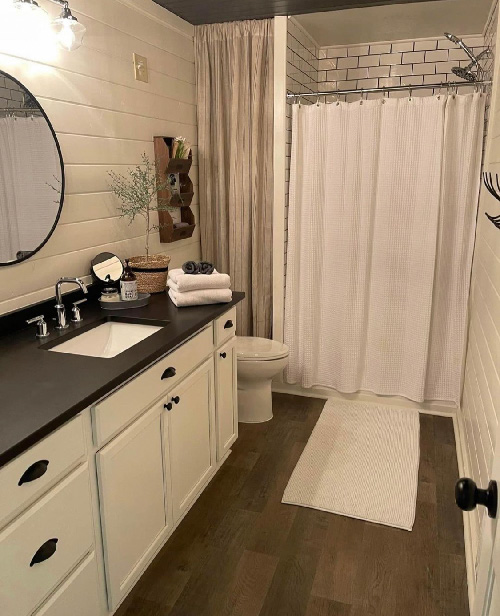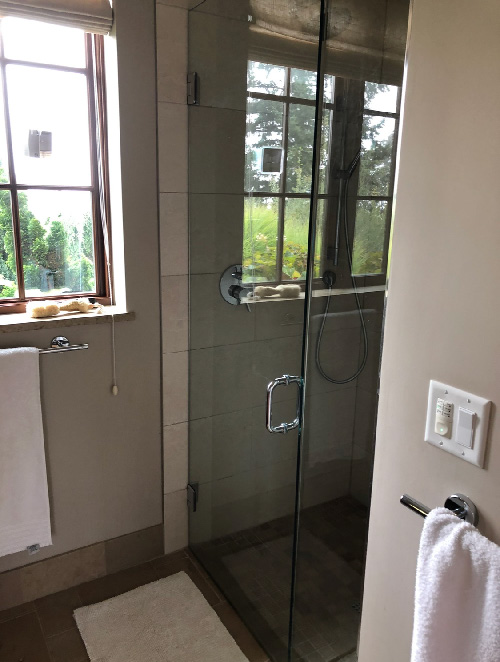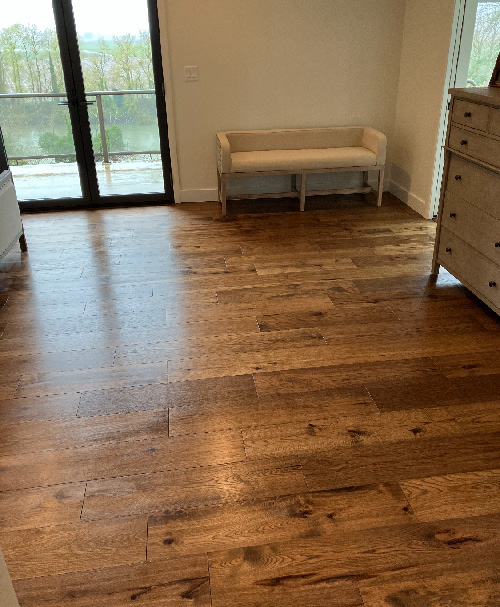Introduction
Let’s face it: maintaining a clean office space is no small feat. Whether you're running a bustling startup or managing a corporate giant, the importance of cleanliness in your workplace cannot be overstated. This is where commercial cleaning services step in, offering professional office cleaning service to ensure that your environment stays pristine. But how do you make sure that these services meet your expectations? Enter the feedback loop! In this article, we’ll explore tips for establishing an effective feedback loop with your cleaner, ensuring that both parties walk away satisfied.
Understanding the Importance of Feedback Loops
What’s a Feedback Loop Anyway?
A feedback loop is simply a process where you give input (feedback) on someone’s work and they use that information to make improvements moving forward. It's essential in any working relationship, especially when it's about maintaining the cleanliness of your workspace.
Why Are Feedback Loops Crucial for Cleaners?
When you hire a commercial cleaning service, you're expecting them to deliver top-notch results. A solid feedback loop ensures that they know what you're looking for and helps them adapt their services accordingly. This can lead to:
- Enhanced satisfaction levels. Improved cleaning quality. A stronger working relationship.
The Ripple Effect of Good Feedback
Good feedback doesn’t just impact your cleaner; it can affect everyone who works in your space. A clean office boosts morale and productivity among employees, creating a win-win situation all around.
Tips for Establishing an Effective Feedback Loop with Your Cleaner
Open Lines of Communication
What does “open lines of communication” mean?
It means fostering an environment where both parties feel comfortable sharing thoughts and concerns. Consider setting up regular check-ins or casual chats to discuss how things are going.
Set Clear Expectations from the Start
How do I set clear expectations?
Before the first mop hits the floor, outline what you want from your office cleaning service. Discuss:
- Tasks to be performed (dusting, vacuuming, etc.). Frequency of services. Special requests (like using eco-friendly products).
Use a Checklist
Why should I use a checklist?
Checklists can be lifesavers! They provide tangible proof of what needs to be done and serve as a reference point for both you and your cleaner. You can create a simple document listing daily, weekly, and monthly tasks.
Sample Cleaning Checklist:
| Task | Frequency | |---------------------|------------| | Dust surfaces | Daily | | Vacuum carpets | Weekly | | Deep clean kitchen | Monthly |
Give Constructive Criticism
What does constructive criticism look like?
Instead of saying "you missed this area," try something like "I noticed this corner could use some extra attention." Being specific helps cleaners understand exactly what needs improvement without feeling discouraged.
Celebrate Successes
Should I really celebrate small wins?
Absolutely! If you notice improvements or exceptional work from your cleaning service, let them know! A simple “thank you” or positive note can Naomi's Cleaning Service office cleaning service go a long way in building rapport.
Building Trust with Your Cleaner
Be Honest About Issues
Why is honesty so important?

If there's something wrong—say streaks on windows or dust left behind—it’s crucial to address it directly but kindly. Honesty fosters trust and makes for better collaboration in the long run.
Encourage Questions from Your Cleaner
Isn’t it silly to encourage questions?
Not at all! When cleaners feel comfortable asking questions about their tasks, it shows they're invested in doing a great job. Plus, you'll get the chance to clarify any misunderstandings right away.
Utilizing Technology for Feedback
Online Platforms for Communication
What online platforms should I consider?
In today’s digital age, using tools like Slack or Trello can streamline communication between you and your cleaner. You can share checklists, task updates, and even photos!
Surveys for Continuous Improvement
Are surveys really effective?
Definitely! Sending out short surveys after each service can give you immediate insight into what's working well and what isn't—allowing quick adjustments.
Regular Review Meetings: Keeping Things on Track
Schedule Monthly Check-ins
Why have monthly check-ins?

Regular meetings allow both parties to discuss progress openly. It’s also an excellent opportunity to bring up any new requests or changes needed moving forward.
Review Performance Metrics
What metrics should I review?

Consider tracking key performance indicators such as:
- Completion rate of tasks. Quality ratings based on checklists. Timeliness of services.
Handling Difficult Conversations with Grace
Approach Issues Calmly
How do I keep my cool during tough talks?
Whenever issues arise, take a deep breath before addressing them calmly. Use “I” statements like “I’ve noticed…” instead of “You always…” This helps avoid putting your cleaner on the defensive.
Offer Solutions Alongside Problems
Can offering solutions really help?
Absolutely! Instead of just pointing out problems, suggest ways they could improve next time—this turns potentially awkward moments into constructive conversations.
The Role of Professionalism in Cleaning Services
Why Professionalism Matters
Professionalism signifies respect—not only towards their job but also towards you as their client. Choosing an office cleaning service that prioritizes professionalism will likely yield better results overall.
How Can You Foster Professionalism?
Regularly remind cleaners about deadlines and standards while also showing appreciation for their hard work—this creates an atmosphere where professionalism thrives!
Long-Term Benefits: Why It’s Worth It
An Efficient Workspace is a Happy Workspace
The more effectively you communicate with your cleaner, the more efficient they'll be at their job—leading to happier employees who enjoy coming into work every day!
Cost Savings Over Time
Getting everything on track may take some time upfront but think about the long-term savings! Fewer mistakes mean fewer costs associated with re-cleaning or repairs down the line.
FAQs about Establishing Feedback Loops with Your Cleaner
Why is feedback important for my cleaner?- It helps them understand expectations better and improve their performance over time!
- Ideally after every cleaning session; however, regular monthly reviews can also help maintain consistency!
- Yes! Tools like Slack or online surveys make it easier than ever to stay connected!
- Approach issues constructively—focus on specifics instead of generalizations!
- Maintain open communication; if necessary discuss alternatives or even consider finding another provider who aligns better with your needs.
- Absolutely! Positive reinforcement encourages continued excellence!
Conclusion
Establishing an effective feedback loop with your cleaner isn’t just beneficial; it’s essential if you want a clean and inviting workspace that everyone loves being in! By fostering open communication channels, setting clear expectations upfront, utilizing tech tools wisely along the way—and celebrating successes—you’re bound to see improved results over time while cultivating strong relationships built on trust between yourself and those responsible for maintaining cleanliness within your commercial spaces!
So there ya have it: follow these tips for establishing an effective feedback loop with your cleaner and watch those dust bunnies vanish right before your eyes! Remember: teamwork makes dream work—even when it comes down to keeping things spick-and-span at the office!